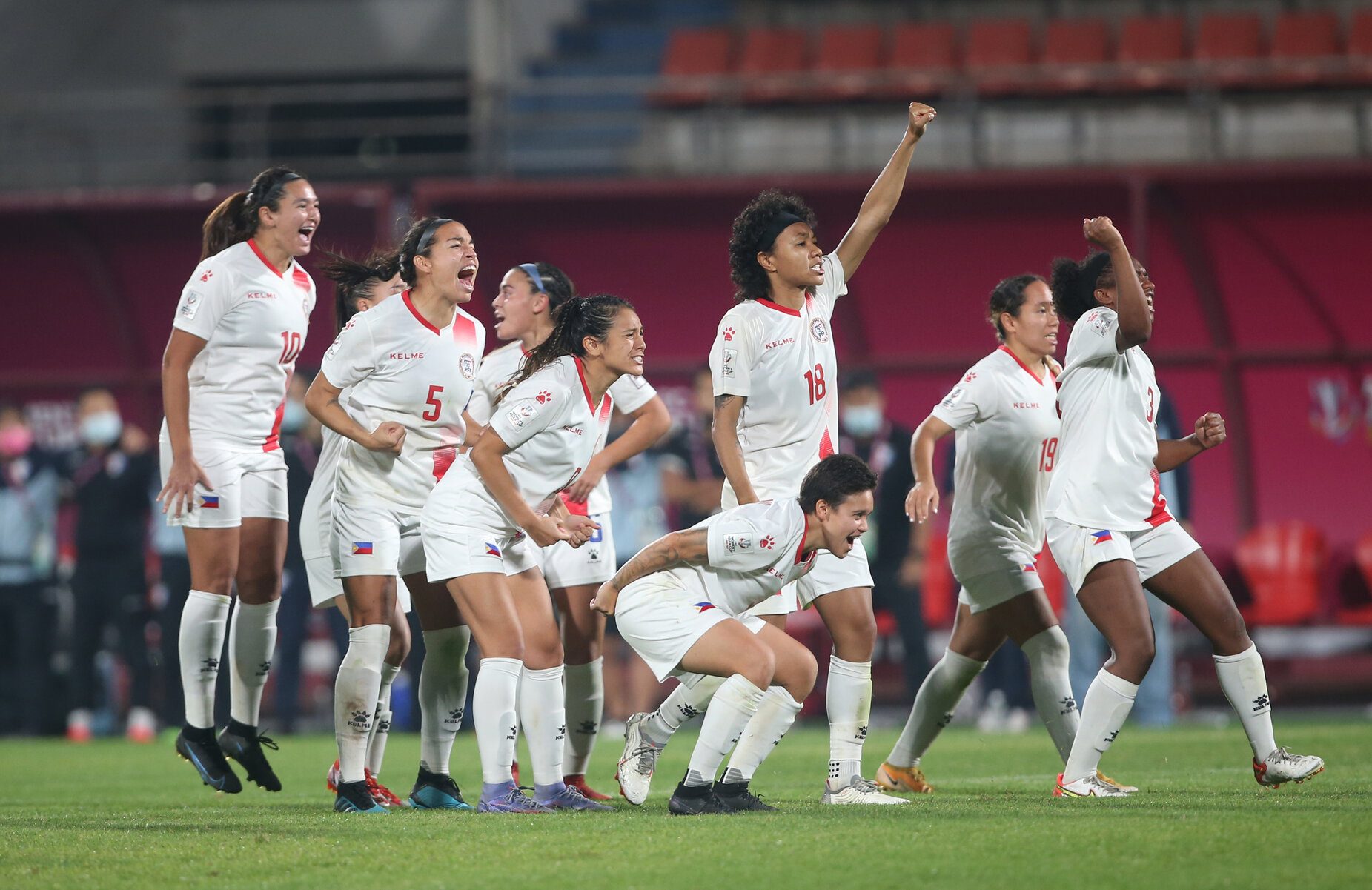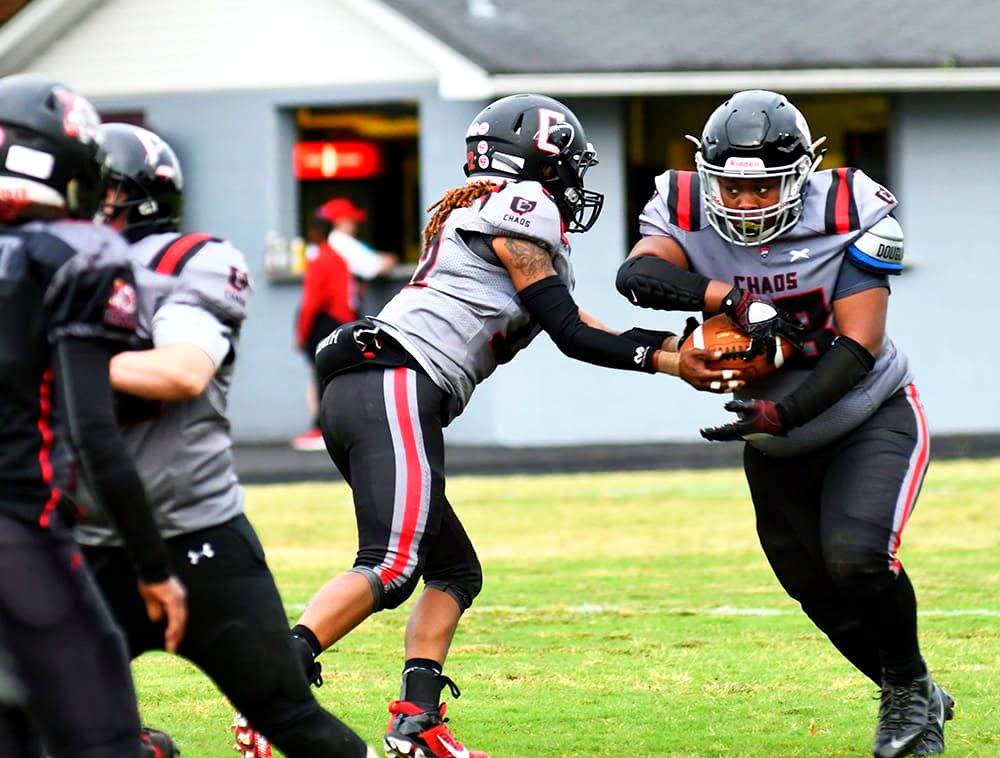“Women’s Football Progress in Turkey
Related Articles Women’s Football Progress in Turkey
Women’s Football Progress in Turkey

In recent years, women’s football has experienced significant growth and development worldwide, gaining increased recognition, investment, and popularity. Turkey, a country with a rich footballing tradition, has also witnessed notable progress in women’s football. This article aims to explore the current state of women’s football in Turkey, highlighting the challenges, achievements, and future prospects of the sport.
Historical Overview
Women’s football in Turkey has a relatively short history compared to men’s football. The first official women’s football league was established in 1993, but it faced numerous obstacles, including limited funding, lack of infrastructure, and societal prejudices. As a result, the league struggled to gain traction and was eventually discontinued in 2003.
Despite these setbacks, women’s football enthusiasts in Turkey remained determined to revive the sport. In 2006, the Turkish Football Federation (TFF) relaunched the women’s football league, providing a renewed platform for female players to compete and showcase their talents.
Current State of Women’s Football in Turkey
Today, women’s football in Turkey is experiencing a period of growth and development. The Turkish Women’s Football Super League, the top tier of women’s football in the country, features competitive teams from various cities. The league has attracted more sponsors and media coverage, contributing to its increasing popularity.
In addition to the Super League, there are lower-division leagues and youth academies that provide opportunities for aspiring female footballers to develop their skills. The TFF has also invested in coach education programs and grassroots initiatives to promote women’s football at all levels.
Challenges and Obstacles
Despite the progress made, women’s football in Turkey still faces several challenges and obstacles. One of the main challenges is the lack of funding and resources. Women’s football clubs often struggle to secure sponsorships and financial support, which limits their ability to provide adequate training facilities, equipment, and salaries for players.
Another challenge is the societal perception of women’s football. In a country where football is traditionally seen as a male-dominated sport, female footballers often face prejudice and discrimination. Overcoming these stereotypes and changing societal attitudes is crucial for the long-term growth of women’s football in Turkey.
Achievements and Success Stories
Despite the challenges, Turkish women’s football has achieved some notable successes in recent years. The Turkish women’s national team has made progress in international competitions, participating in the UEFA Women’s European Championship qualifiers and the FIFA Women’s World Cup qualifiers.
Several Turkish female footballers have also achieved individual success, playing for top clubs in Europe and earning recognition for their talent and dedication. These success stories serve as an inspiration for young girls in Turkey who dream of pursuing a career in football.
Future Prospects
The future of women’s football in Turkey looks promising, with increasing investment, growing popularity, and a new generation of talented players emerging. The TFF has set ambitious goals for women’s football, including qualifying for major international tournaments and developing a sustainable infrastructure for the sport.

To achieve these goals, it is essential to address the challenges and obstacles that women’s football in Turkey still faces. This includes increasing funding and resources, promoting gender equality, and changing societal attitudes towards women’s football.
Detailed Discussion of Key Aspects
To provide a more comprehensive understanding of women’s football progress in Turkey, let’s delve into some key aspects in more detail:
-
League Structure and Competition:
- The Turkish Women’s Football Super League is the top tier of women’s football in Turkey, featuring competitive teams from various cities.
- The league has attracted more sponsors and media coverage, contributing to its increasing popularity.
- In addition to the Super League, there are lower-division leagues and youth academies that provide opportunities for aspiring female footballers to develop their skills.
-
National Team Performance:
- The Turkish women’s national team has made progress in international competitions, participating in the UEFA Women’s European Championship qualifiers and the FIFA Women’s World Cup qualifiers.
- While the team has not yet qualified for a major international tournament, it has shown improvement in recent years, with some notable wins against higher-ranked opponents.
-
Grassroots Development:
- The TFF has invested in grassroots initiatives to promote women’s football at all levels.
- These initiatives include organizing football festivals for young girls, providing coach education programs, and supporting the development of youth academies.
- Grassroots development is crucial for building a strong foundation for women’s football in Turkey and ensuring a steady supply of talented players.
-
Infrastructure and Facilities:
- One of the main challenges facing women’s football in Turkey is the lack of adequate infrastructure and facilities.
- Many women’s football clubs struggle to find suitable training grounds and stadiums, which limits their ability to provide a professional environment for players.
- Investing in infrastructure and facilities is essential for creating a level playing field for women’s football in Turkey.
-
Funding and Sponsorship:
- Women’s football clubs in Turkey often struggle to secure sponsorships and financial support.
- This limits their ability to provide adequate training facilities, equipment, and salaries for players.
- Attracting more sponsors and increasing funding for women’s football is crucial for its long-term sustainability and growth.
-
Media Coverage and Public Awareness:
- Women’s football in Turkey has historically received limited media coverage, which has contributed to its lack of visibility and popularity.
- Increasing media coverage and raising public awareness of women’s football is essential for changing societal attitudes and attracting more fans and sponsors.
-
Societal Attitudes and Gender Equality:
- In a country where football is traditionally seen as a male-dominated sport, female footballers often face prejudice and discrimination.
- Overcoming these stereotypes and promoting gender equality is crucial for the long-term growth of women’s football in Turkey.
- Efforts to challenge societal attitudes and promote gender equality in football can help create a more inclusive and supportive environment for female players.
-
Role Models and Inspiration:
- Several Turkish female footballers have achieved individual success, playing for top clubs in Europe and earning recognition for their talent and dedication.
- These success stories serve as an inspiration for young girls in Turkey who dream of pursuing a career in football.
- Highlighting the achievements of Turkish female footballers can help raise the profile of the sport and encourage more girls to get involved.
-
Challenges and Future Directions:
- Women’s football in Turkey still faces significant challenges, including limited funding, lack of infrastructure, societal prejudices, and inadequate media coverage.
- To overcome these challenges, it is essential to increase investment in women’s football, promote gender equality, change societal attitudes, and improve media coverage.
- The future of women’s football in Turkey looks promising, with increasing investment, growing popularity, and a new generation of talented players emerging.
Conclusion
Women’s football in Turkey has made significant progress in recent years, but it still faces several challenges and obstacles. By addressing these challenges and investing in the sport, Turkey can unlock the full potential of women’s football and create a more inclusive and equitable sporting landscape. The future of women’s football in Turkey looks bright, with increasing investment, growing popularity, and a new generation of talented players emerging. With continued dedication and support, Turkish women’s football can achieve even greater success in the years to come.

